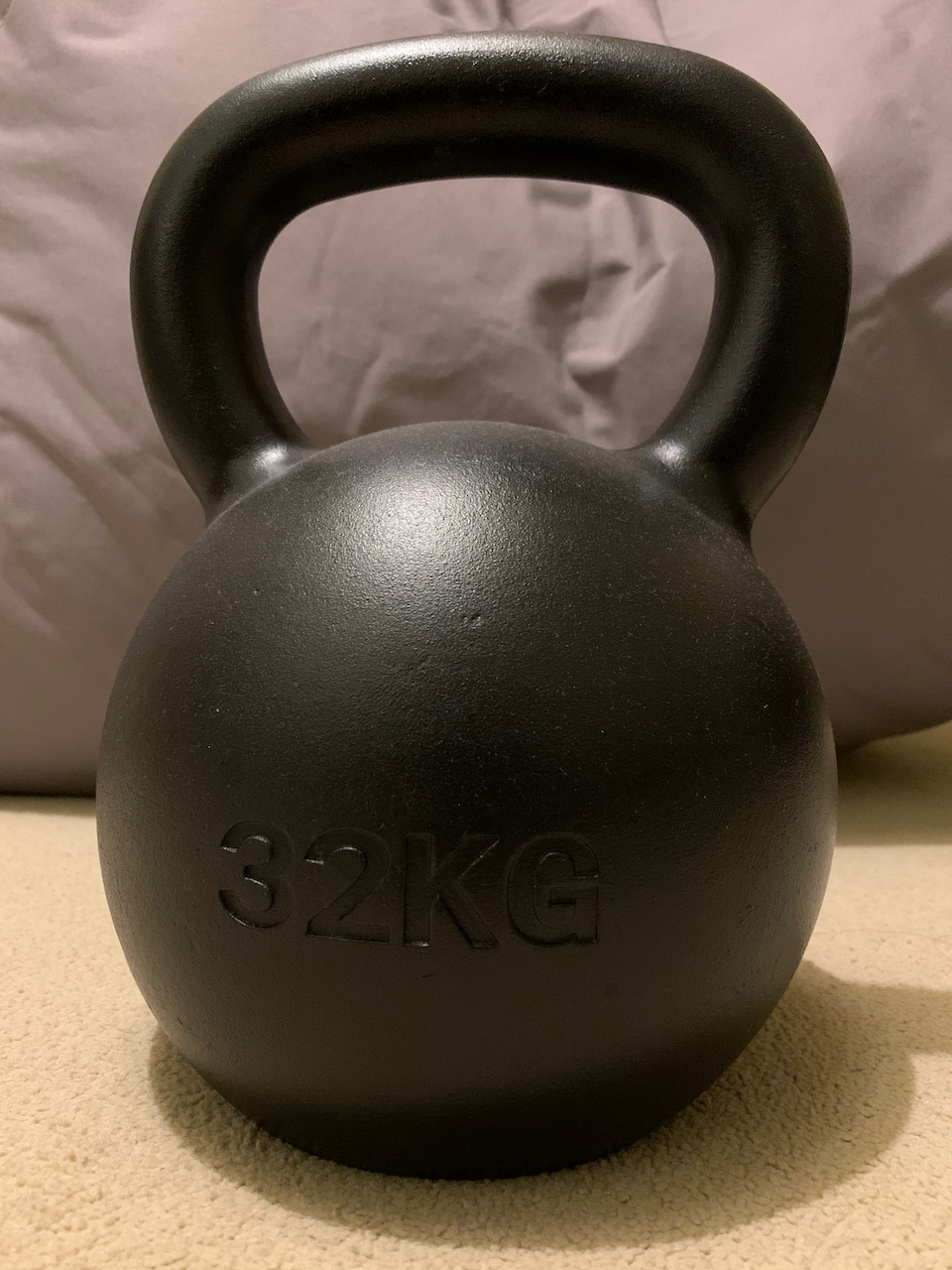Published on 02 Jan 2021 in life

Technique achieves mastery. It’s the skill with which you do something. To refine it you need to learn what you’re doing right, but more crucially what you’re doing wrong.
When you do weights, the heavier you go, the clearer the feedback you get on bad technique; you get hurt.
I felt a healthy fear the first time I lifted a 24kg kettlebell. The kind you feel to stop yourself from doing something stupid. I could tell that if I held it in the wrong way, or moved badly it could snap my arm like a twig.
I do what’s called the Turkish get-up. You start off laid on your back, lift the kettlebell up overhead and in a series of movements stand up and then in reverse lie back down. Every time I used it I’d concentrate on the way I held it, where the weight was positioned and how I moved with it. The more muscle I built, the easier it became and the less my technique mattered. I’d concentrate less and take it in my stride. When I got the 32kg I again felt a good, healthy kind of fear. Less than the first time, but it was there all the same. But I’d got used to focussing on muscle over technique, so when I lifted it overhead I damaged my shoulder.
Looking back, I now realise that I was lifting it wrongly; pulling it instead of bringing it first to my chest and pushing it up. What I’d done before worked for the 24, but it was only by moving up to the 32 that I really learned something.
The thing is; the further past your comfort zone you go, the more powerful the feedback, because the more technique matters. It’s clear with weights, because the price is high and tangible (physically paid in pain). The principle is also true of other sports, activities and things in life.
A trainer or coach can help improve technique without you having to go through that pain. With weights thats probably the smart way of doing it. In general though nothing helps you grow and learn more than first hand experience. It’s the pain, physical or psychological, that makes you change.
A reminder: push beyond your comfort zone to significantly improve. But make sure your technique is “good enough” to take the real or metaphorical weight.